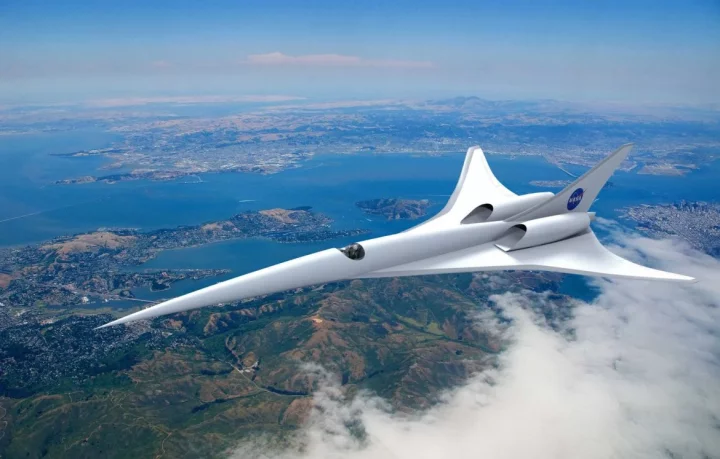
NASA is developing a supersonic passenger aircraft that will reportedly have a top speed of Mach 4 (~3000mph), which will not make it twice as fast as the Concorde but also faster than the legendary SR-71 Blackbird spy plane that was designed with a top speed of Mach 3.2 (around 2500mph). NASA claims that the proposed supersonic jet will cut down the travel time from New York to London to under one and a half hours. Typically, flights to New York take around eight to nine hours as the current crop of large passenger jets cruise at around 600mph. For comparison, the iconic Concorde that retired two decades ago could maintain Mach 2 (1,348 mph).
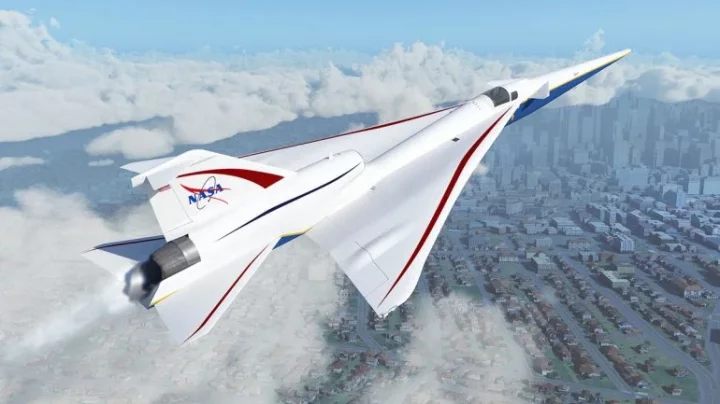
There were several reasons that led to the demise of the Concorde, with the sonic boom being one of the major hurdles. Supersonic air travel is banned in many countries because of the devastating sonic boom caused when the speed of sound is broken. This includes the US, which prohibits supersonic travel for civil aviation. However, researchers have been working for decades to develop technology that can successfully mitigate sonic booms. Nasa's Quesst Mission is one such research project, which includes the development of an experimental quiet supersonic aircraft known as the X-59.
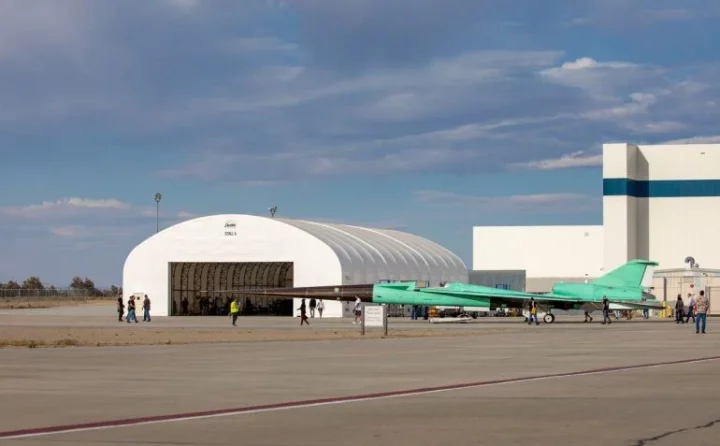
NASA announced its plans for the development of the supersonic passenger jet earlier this week after recognizing fifty established transoceanic routes that connect important cities, especially over the North Atlantic and Pacific. The issue of breaking the sound barrier and causing a sonic boom is not relevant while flying over oceans. "Since the U.S. and other nations prohibit supersonic flight over land, the studies' findings covered transoceanic travel, including high-volume North Atlantic routes and those crossing the Pacific," the US space agency said in a statement.
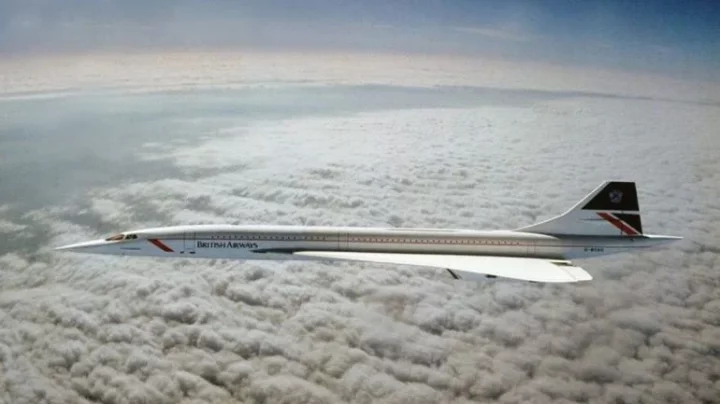
To move forward with the development of the supersonic jet, NASA will issue two year-long contracts to aerospace firms to develop concept designs and roadmaps as part of its Advanced Air Vehicles Program. As for the first contract, Boeing will be leading a team, joined by other companies including Exosonic, GE Aerospace, Georgia Tech Aerospace Systems Design Laboratory, and Rolls-Royce North American Technologies.
The second contract will go to Northrop Grumman Aeronautics Systems, which will collaborate with Blue Ridge Research and Consulting, Boom Supersonic, and Rolls-Royce North American Technologies. Both teams will explore things such as airframe, power, propulsion, thermal management, and materials designs required for flying at Mach 4. They will also create un-trademarked designs for concept vehicles.
"The design concepts and technology roadmaps are really important to have in our hands when the companies are finished," said Mary Jo Long-Davis, manager of NASA's Hypersonic Technology Project. "We are also collectively conscious of the need to account for safety, efficiency, economic, and societal considerations. It's important to innovate responsibly so we return benefits to travelers and do no harm to the environment."

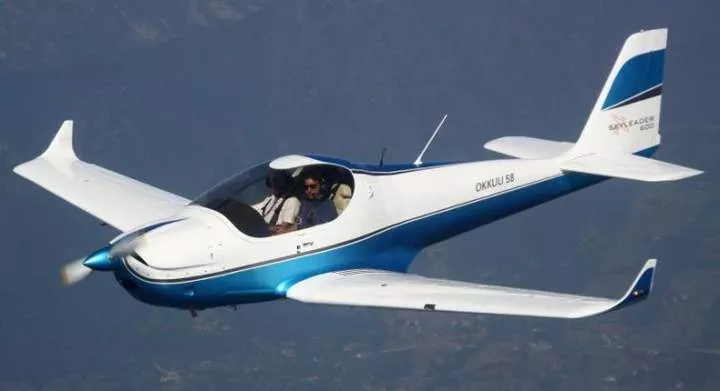
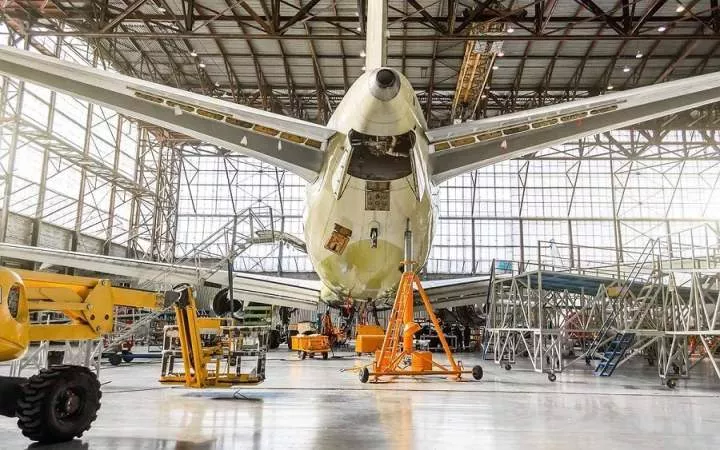


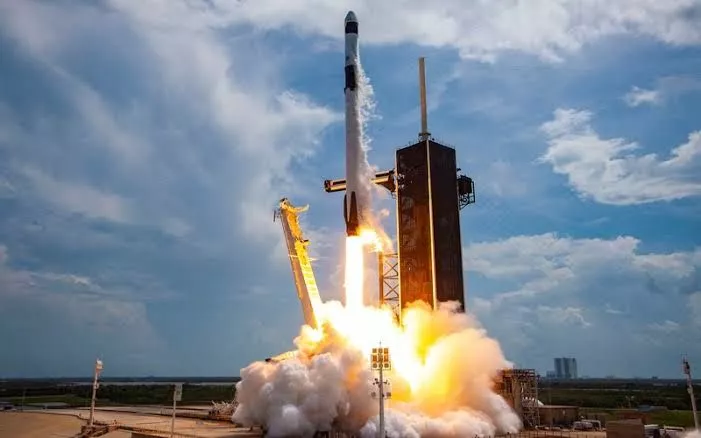




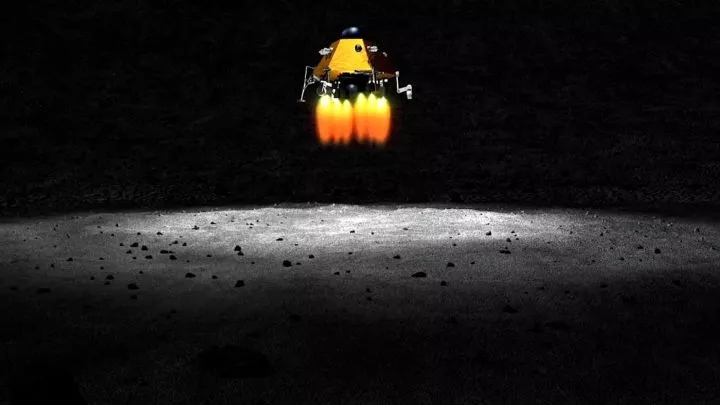





Comments